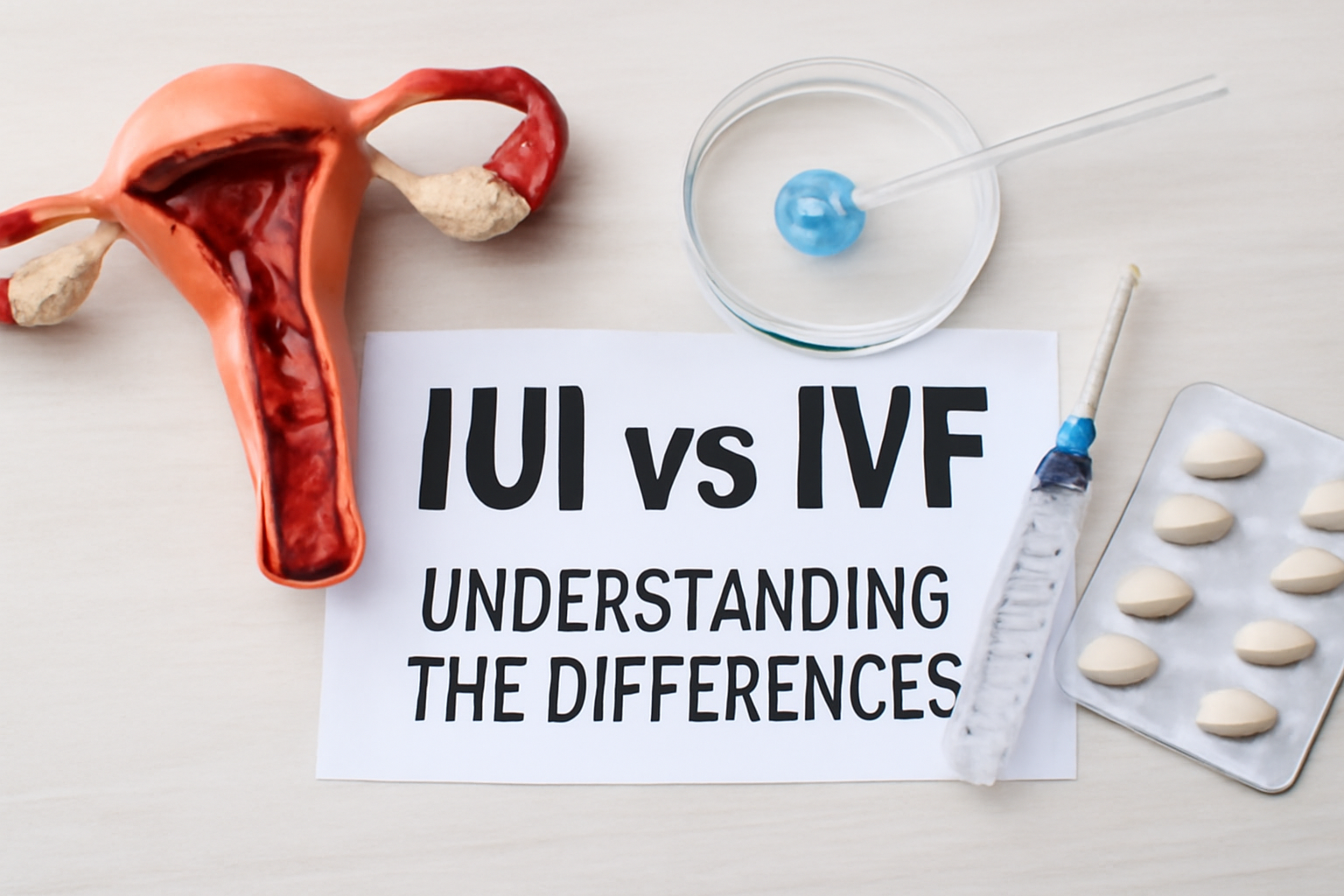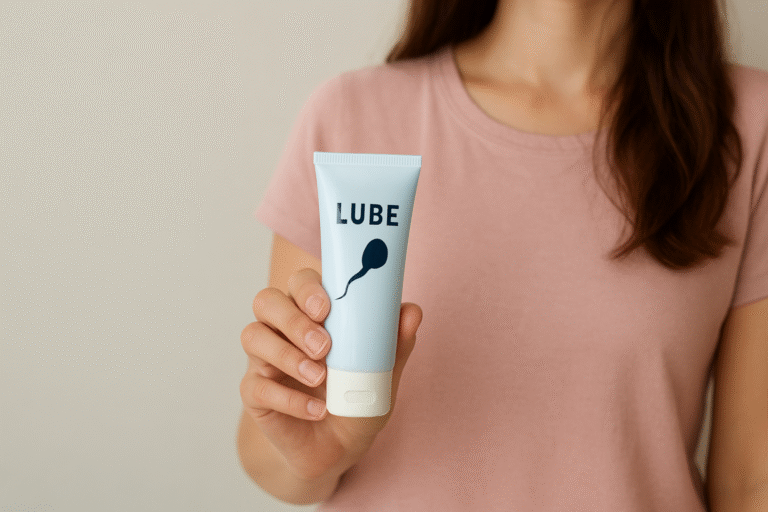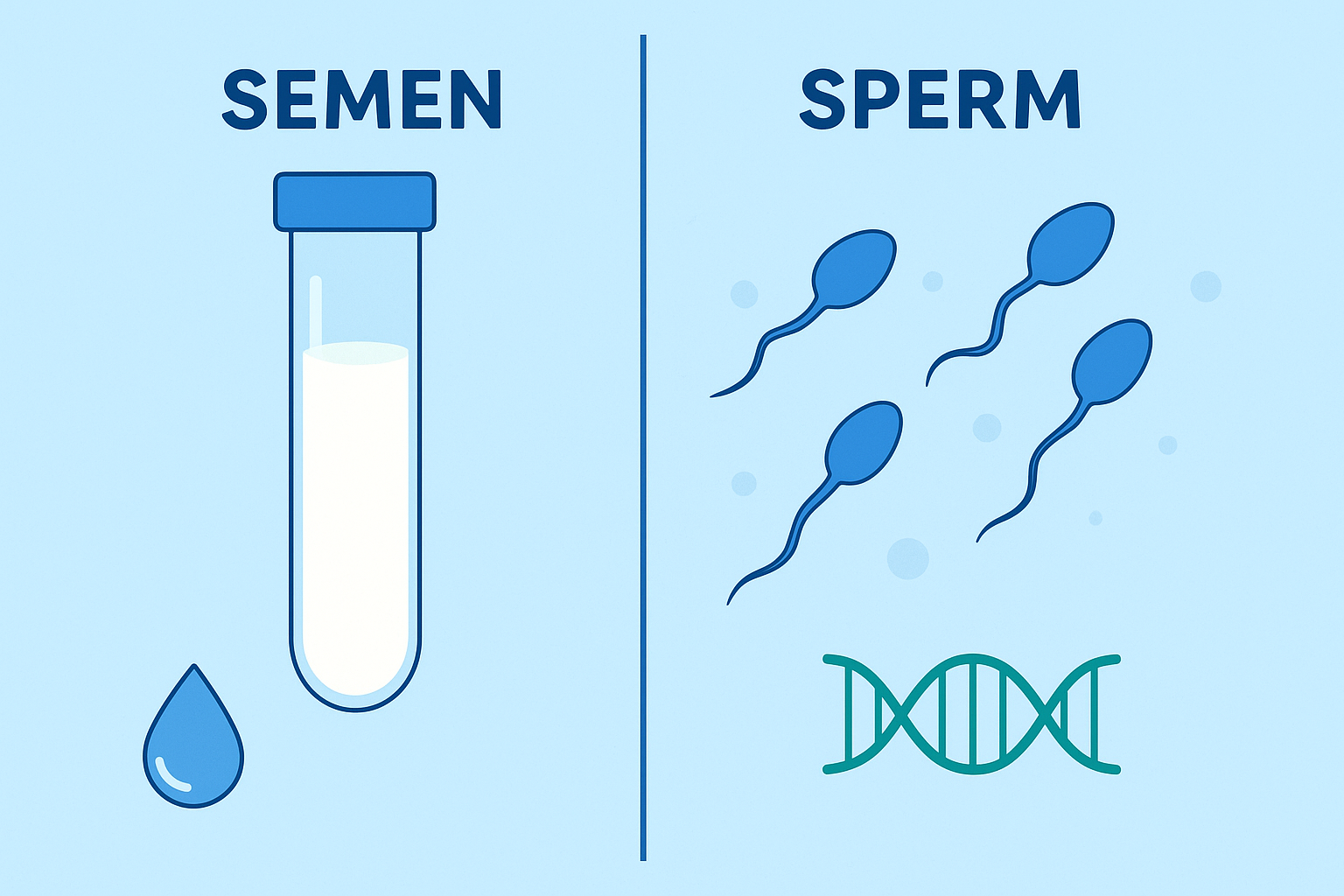Infertility is a challenging and emotional experience for many individuals and couples. Fortunately, advancements in fertility treatments have provided hope and support to those struggling to conceive. Among the most popular fertility treatments are Intrauterine Insemination (IUI) and In Vitro Fertilization (IVF). While both aim to help individuals and couples achieve pregnancy, they are pretty different in terms of procedure, cost, success rates, and suitability.
In this article, we will break down the key differences between IUI and IVF(IUI vs IVF), how each treatment works, and help you determine which option may be the best choice for your fertility journey.
Also read: Intrauterine Pregnancy: What It Means, What to Expect, and Why It Matters
What is IUI (Intrauterine Insemination)?
IUI, or Intrauterine Insemination, is a relatively simple fertility treatment that involves the direct insertion of sperm into a woman’s uterus during ovulation. The goal of IUI is to increase the number of sperm that reach the fallopian tubes, where fertilization occurs. This process bypasses potential barriers like low sperm count or cervical issues, and increases the chances of sperm meeting the egg.
How IUI Works
The IUI process begins with monitoring the woman’s ovulation cycle. Ovulation prediction kits or blood tests may be used to determine the most fertile time. Once ovulation is detected, sperm is collected from the male partner or a sperm donor. The sperm is then washed and prepared in a lab to ensure that only the healthiest, most active sperm are used. Finally, the sperm is injected directly into the uterus through a thin, flexible catheter.
When is IUI Used?
IUI is typically recommended in cases where infertility is mild or unexplained. Conditions like low sperm count, mild male infertility, or issues with cervical mucus may make it difficult for sperm to reach the egg. IUI can also be helpful for women with ovulation disorders or those with unexplained infertility.
Success Rates of IUI
The success rates of IUI can vary depending on factors such as age, the woman’s overall health, and the reason for infertility. On average, the success rate per cycle is around 10-20%. However, multiple IUI cycles may be necessary to achieve a pregnancy.
What is IVF (In Vitro Fertilization)?
IVF, or In Vitro Fertilization, is a more complex and advanced fertility treatment compared to IUI. In IVF, eggs are retrieved from the woman’s ovaries and fertilized with sperm in a laboratory setting. The resulting embryos are then transferred into the woman’s uterus, where implantation can occur.
How IVF Works
IVF begins with ovarian stimulation, where the woman is given hormone injections to encourage the ovaries to produce multiple eggs. Once the eggs are mature, they are retrieved through a minor surgical procedure. The eggs are then fertilized with sperm in a laboratory. The resulting embryos are monitored for growth and development, and the best quality embryos are selected for transfer into the uterus.
When is IVF Used?
IVF is typically recommended for couples who have been unable to conceive after trying IUI or other less invasive treatments. It is often used for women with blocked fallopian tubes, male infertility, severe ovulation issues, or when there is a history of multiple miscarriages. IVF is also used when genetic testing is required or for those using egg/sperm donors or gestational carriers.
Success Rates of IVF
IVF generally has higher success rates than IUI, with success ranging from 30-50% per cycle, depending on the woman’s age, health, and the quality of the embryos. IVF success tends to decrease with age, particularly after 35. However, IVF offers more chances for pregnancy since multiple embryos can be transferred, increasing the likelihood of implantation.
Key Differences Between IUI and IVF
Both IUI and IVF are designed to help couples struggling with infertility, but they differ significantly in their approach and complexity. Below, we’ll highlight the key differences:
1. Procedure Complexity
- IUI: The IUI procedure is minimally invasive and can be done in a doctor’s office. It doesn’t require anesthesia, and recovery time is minimal.
- IVF: IVF is a more invasive and time-consuming process. It requires hormone treatments, egg retrieval, and embryo culture. It often involves multiple visits to the fertility clinic over several weeks.
2. Costs
- IUI: IUI is generally more affordable than IVF. Costs can vary depending on the clinic and location, but it is usually much less expensive. An average IUI cycle can range from $300 to $1,000.
- IVF: IVF is more expensive due to the complexity of the procedure and the medical interventions required. The cost of an IVF cycle typically ranges from $10,000 to $15,000 or more, excluding medications and additional treatments.
3. Success Rates
- IUI: Success rates for IUI tend to be lower compared to IVF. The average success rate per cycle is around 10-20%, with variations depending on the woman’s age and fertility issues.
- IVF: IVF offers higher success rates, especially for women under 35. Success rates per cycle can range from 30%-50%, depending on the individual case.
4. Treatment Time
- IUI: IUI is a relatively quick procedure, with the whole process taking only a few hours. Treatment cycles can take a few weeks from start to finish.
- IVF: IVF requires a longer time commitment. A single IVF cycle can take several weeks, with multiple steps like egg stimulation, retrieval, and embryo transfer.
Pros and Cons of IUI
Advantages of IUI
- Less Invasive: IUI is less invasive than IVF and doesn’t require surgery or anesthesia.
- Lower Cost: It is more affordable than IVF, making it a more accessible option for many couples.
- Less Time-Consuming: The IUI process is faster, with minimal time spent on medical visits or treatments.
Disadvantages of IUI
- Lower Success Rates: The success rates of IUI are lower, especially if there are significant fertility issues.
- Multiple Cycles May Be Needed: Many women may need several IUI cycles before achieving pregnancy.
- Limited Effectiveness: IUI is not suitable for all infertility cases, particularly those with severe male infertility or blocked fallopian tubes.
Pros and Cons of IVF
Advantages of IVF
- Higher Success Rates: IVF offers higher chances of success, particularly for women with severe fertility issues.
- Treats a Wide Range of Fertility Problems: IVF is effective for many types of infertility, including male infertility and blocked fallopian tubes.
- Advanced Options: IVF allows for advanced techniques like genetic screening, embryo freezing, and egg/sperm donation.
Disadvantages of IVF
- Cost: IVF is expensive, and many insurance plans don’t cover the full cost.
- Invasive and Physically Demanding: IVF requires multiple injections, monitoring visits, and egg retrieval, which can be physically and emotionally taxing.
- Risk of Multiple Pregnancies: Since numerous embryos may be transferred, there is an increased risk of twins or higher-order pregnancies.
Choosing Between IUI and IVF: Factors to Consider
When deciding between IUI and IVF, it’s essential to consider several factors:
- Medical Conditions: The underlying cause of infertility is a key factor in determining the best treatment. IUI may be more suitable for those with mild infertility, while IVF is better for more complex cases.
- Age: Younger women generally have higher success rates with both treatments, but IVF may be recommended for women over 35.
- Cost: If cost is a concern, IUI is the more affordable option, though it may require multiple cycles.
- Emotional and Physical Health: IVF can be emotionally and physically demanding, so it’s essential to assess your readiness for this more intensive treatment.
Also read: IVF Success Rates with Own Eggs : The Ultimate Guide
Conclusion
Both IUI and IVF are valuable fertility treatments, but they are suited to different needs. IUI is less invasive and more affordable, making it ideal for cases of mild infertility or when the cause is unexplained. IVF, on the other hand, is a more complex and expensive procedure but offers higher success rates and is suitable for a broader range of fertility issues.
Ultimately, the best choice for you will depend on your specific fertility challenges, age, health, and budget. Consulting with a fertility specialist is crucial to understanding your options and determining the best course of action.
FAQs
What is the success rate of IUI vs IVF?
The success rate of IUI is about 10-20% per cycle, whereas IVF has a success rate of 30-50%, depending on factors like age and fertility issues.
Can I try IUI before IVF?
Yes, many couples start with IUI as a less invasive and more affordable option. If IUI is unsuccessful, IVF can be considered.
How long does the process take for IUI and IVF?
IUI cycles typically take about 2-3 weeks, while IVF can take several weeks, including ovarian stimulation, egg retrieval, and embryo transfer.
This article provides a comprehensive comparison of IUI and IVF, designed to inform readers and help them make an educated decision about their fertility treatment options.





[…] In some cases, a comprehensive evaluation may not reveal a specific cause of infertility. This condition is known as unexplained secondary infertility. It can be one of the most frustrating diagnoses to receive, but it does not mean that treatment is impossible. It simply indicates that the reason is not easily identifiable with current testing methods. Many couples with unexplained infertility go on to achieve successful pregnancies through treatments like intrauterine insemination (IUI) or in vitro fertilization (IVF). […]